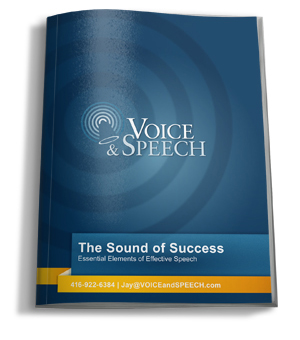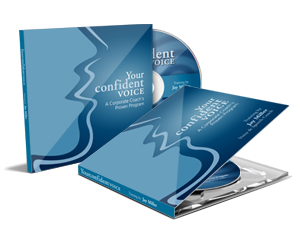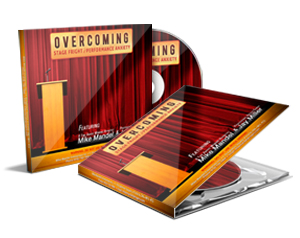Getting Your Feet on the Ground
Gerda Alexander, a 20th century bodywork practitioner, said security is greatly connected to feeling your bone structure. What did she mean? By noticing your capacity to support yourself at a physical level, you feel your potential to support yourself at other levels: mentally, emotionally, socially, or professionally. Confidence is not an abstract “something” we have no way of grasping. Confidence, as a feeling, already exists in your body.
This explains why people feel stronger and, yes, more confident, just by feeling their feet on the ground. It’s a simple approach yielding disproportionate benefits. One client recounted, “I had a difficult conversation with my boss last week, so I made sure I was feeling both feet on the ground, and I was surprised how strong I felt in that interaction.” Being grounded connects you to your surroundings and keeps you present, and that increases confidence.
How can you develop this skill so it works for you, even under pressure? Take your shoes off. Close your eyes and notice the sensations you feel in your feet— sensations of temperature, texture, weight and so forth. Notice if you are standing on your whole foot, or focusing your weight into just part of your foot. What would it feel like to allow your whole foot to support your body, not just part of your foot? The overused part might feel grateful.
Next, ask yourself if you are standing on your bones. If your bones are acting like pillars to support your body, the large external muscles can relax over that framework, like clothes draped over a hanger. Scan through your body. If your bones are supporting you, you might be able to relax your legs, unclench your bottom, let go of your belly, soften your lower back, drop your shoulders or lengthen the back of your neck. What muscles are working too hard, just to keep you upright? When you perform simple tasks, like standing, with economy of effort, you free yourself to focus on other things. You feel more “able.”
If you’re standing on your bones and your feet are fully in contact with the ground, your whole body is able to relax downward onto the ground. This enables you to breathe deeply. Your voice is more likely to engage with your whole body. You begin to feel you are speaking with your whole being. The effect is often immediate and noticeable. Of course, making that an everyday experience, something that helps you, even under pressure, takes practice.
You can practice grounding whenever it crosses your mind: brushing your teeth, waiting in line, or standing in the office, talking to colleagues. At any moment, you can ask yourself, “What is my connection to the ground, right now? Am I aware of the ground supporting me at this moment?” Then continue doing whatever you were doing, noticing what difference it makes. It quickly becomes a feeling you wouldn’t want to live without.
You may not control what life or work throw at you, but you can access your unique strengths, be fully available and connect with maximum impact, by developing a secure foundation for strong presence and peak performance.
 The Sound of Success
The Sound of SuccessEnroll in this FREE video mini course and discover a powerfully attractive voice.
 Your Confident Voice
Your Confident VoiceThis 145-minute mp3 download is a complete speaking voice course. The simple but amazingly effective program is on sale this month!
 Overcoming Stage Fright
and
Overcoming Stage Fright
andPerformance Anxiety
On this mp3 download, Jay Miller teams up with six-time award-winning hypnotist Dr. Mike Mandel to deliver the most comprehensive program available for reducing or eliminating stage fright.